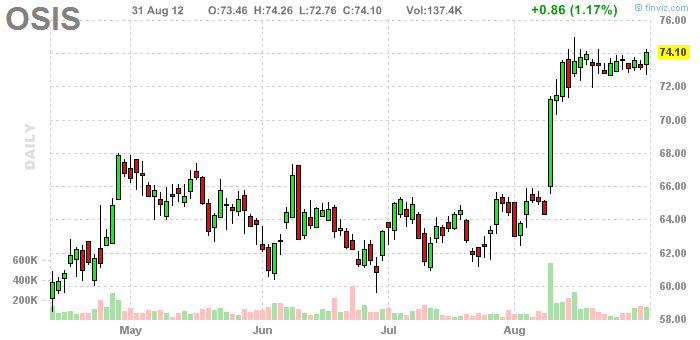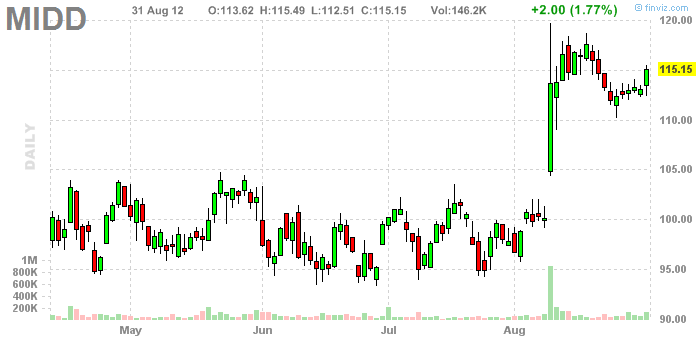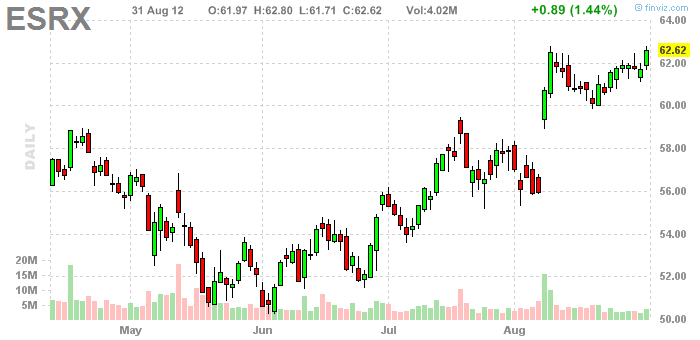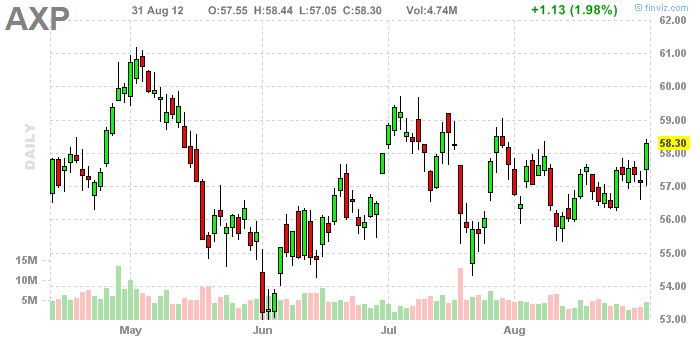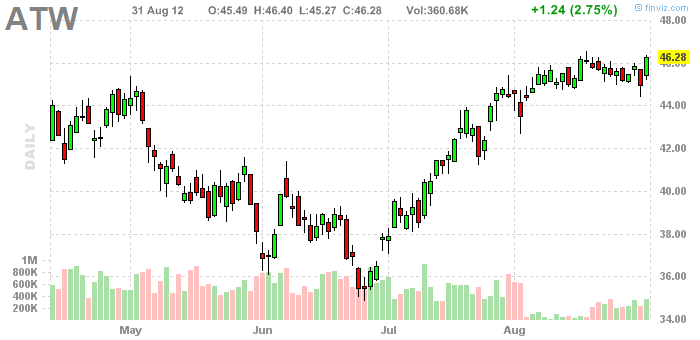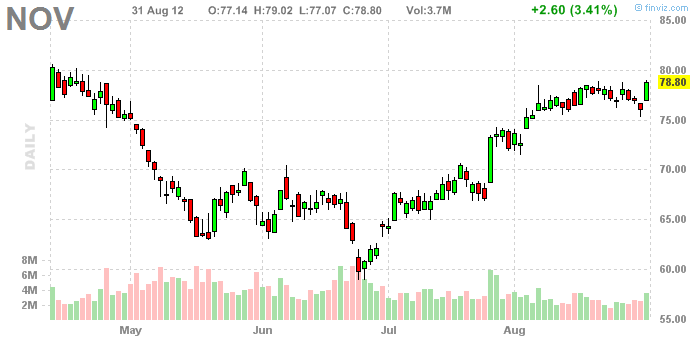Forex For Europe, Few Options in a Vicious Cycle of Debt Europe has a $1 trillion problem. As difficult as the last two years have been for Europe, 2012 could be even tougher. Each week, countries will need to sell billions of dollars of bonds - a staggering $1 trillion in total - to replace existing debt and cover their current budget deficits. At any point, should banks, pensions and other big investors balk, anxiety could course through the markets, making government officials feel like they are stuck in a scary financial remake of 'Groundhog Day.' Even if governments attract investors at reasonable interest rates one month, they will have to repeat the process again the next month - and signs of skittish buyers could make each sale harder to manage than the previous one. 'The headline risk is enormous,' said Nick Firoozye, chief European rates strategist at Nomura International in London. Given this vicious cycle, policy makers and investors are closely watching the debt auctions for potential weakness. On Thursday, Spain is set to sell as much as 5 billion euros ($6.3 billion) of government bonds. Italy follows on Friday with an auction of more than $9 billion. The current challenge for Europe is to keep Italy and Spain from ending up like Greece and Portugal, whose borrowing costs rose so high last year that it signaled real likelihood of default, making it impossible for the governments to find buyers for their debt. Since then, Greece and Portugal have been reliant on the financial backing of the European Union and the International Monetary Fund. The intense focus on the sovereign debt auctions - and their importance to the broader economy - starkly underscores the difference between European and American responses to their crises. Since 2008, there has been almost no private sector interest to buy new United States residential mortgage loans, the financial asset at the root of the country's crisis. To make up for that lack of investor demand, the federal government has bought and guaranteed hundreds of billions of dollars of new mortgages. In Europe, policy makers are still expecting private sector buyers to acquire the majority of government debt. Last month, in perhaps the boldest move of the crisis, the European Central Bank lent $620 billion to banks for up to three years at a rate of 1 percent. Some officials had hoped that these cheap loans would spur demand for government debt. The idea is that financial institutions would be able to make a tidy profit by borrowing from the central bank at 1 percent and using the money to buy government bonds that have a higher yield, like Spain's 10-year bond at 5.5 percent. But the sovereign debt markets continue to show signs of stress. Italy's 10-year government bond has fallen in price, lifting its yield to more than 7 percent, a level that shows investors remain worried about the financial strength of Italy's government. And European banks appear to be hoarding much of the money they borrowed from the central bank, rather than lending it to governments. Money deposited by banks at the European Central Bank, where it remains idle, stands at $617 billion, up from $425 billion just a month ago. 'It's hard to see why a banker would want to tie up money in a European sovereign for, say, three years,' said Phillip L. Swagel at the University of Maryland's School of Public Policy, who served as assistant secretary for economic policy under Treasury Secretary Henry M. Paulson Jr. Italy's troubles highlight how hard it is to generate demand for a deluge of new debt from a dwindling pool of investors. The country needs to issue as much as $305 billion of debt this year, the highest in the euro zone. By comparison, France, with the second highest total, needs to auction $243 billion of new debt, according to estimates by Nomura. Governments like Italy's are at the mercy of markets because they simply don't have the cash to pay off even some of their bonds that come due. They must issue new bonds to cover their old debts, as well as their budget deficits, at a time when investors are growing scarce. Banks, traditionally big holders of government bonds, have been selling Italian debt. 'We've seen a lot of liquidation by non-European investors,' said Laurent Fransolet, head of European interest rate strategy at Barclays Capital in London. For instance, Nomura Holdings in Japan slashed its Italian debt holdings, mostly government bonds, to $467 million on Nov. 24, from $2.8 billion at the end of Sept. European banks have also been dumping the debt. BNP Paribas, a French bank, cut its exposure to Italian government bonds to $15.5 billion at the end of October, from $26 billion at the end of June. Italian banks, though large owners of their government's obligations, may not want to take on too much more, to keep their investors happy. Shares in UniCredit have fallen more than 40 percent since last week as the Italian firm has tried to raise capital to comply with new regulations. There are ways to avoid spectacularly bad debt auctions, at least in the short term. The central bank can help by buying a country's bonds in the market ahead of a new debt sale. That would help bolster prices at the auction, or at least keep them stable. There is also some evidence that banks' government-bond selling may have abated at the end of last year, according to Mr. Fransolet. Central bank figures show European financial firms acquired $2.4 billion of Spanish government bonds in November, after selling a monthly average of $4.8 billion in the preceding three months. Governments may also be able to attract new buyers to their bond markets. Belgium sold $7.2 billion of government bonds to local retail investors last month, in part appealing to their patriotism. Opportunistic hedge funds, betting the market is too pessimistic about certain European countries, may also bite. Saba Capital Management, a New York-based hedge fund headed by the former Deutsche Bank trader Boaz Weinstein, owns Italian government bonds, though it does so as part of a wider trading strategy that includes bets that could pay off if Europe's problems worsen. But it is doubtful that Italy and Spain can find enough new buyers this year to bring their bond yields down to sustainable levels. Instead, if their economies slow - and if their governments become unpopular - debt auctions could fail and their cost of borrowing could rise even more. All eyes would then turn to the central bank for drastic action. It could lend more cheap money to banks, in the hope that some of it might find its way into government bonds. Or it could become a big buyer of government bonds itself, printing euros to finance the purchases. But that may not be a lasting solution, since the central bank's actions could scare off private investors. Typically, when government-backed organizations like the central bank hold a country's debt, their claims on the debtor rank higher than those of other creditors. For that reason, private investors might think their holdings would fall in value if the central bank became a big owner of Italian debt - and they might retreat. At the same time, the crisis response in the United States did not depend solely on government-backed entities like the Federal Reserve to buy housing loans. Professor Swagel of the University of Maryland points out that banks and investors also took large losses on existing housing debt. While painful, the mortgage debt proved less of a drag on the financial system. So far, Europe has been averse to taking permanent losses on government bonds. Except in the case of Greek debt, European policy makers have shied away from any plan that could mean private holders of government debt get hurt. However, Nouriel Roubini, a professor of economics at the Stern School of Business at New York University, recently argued in a Financial Times editorial that Italy's debt should be reduced to 90 percent of the gross domestic product from 120 percent. In such a situation, investors might suffer a 25 percent hit on the value of their Italian bonds, he said. Such haircuts might seem like the recipe for more instability right now. But if Europe struggles to find buyers for its debt, more radical options are likely to be considered. Europe's debt problem is huge, and the experience in the United States suggests dealing with it may take several, more drastic approaches. 'If you go halfway, you'll never get to the end,' Professor Swagel said. 'And that describes European policy-making.'
